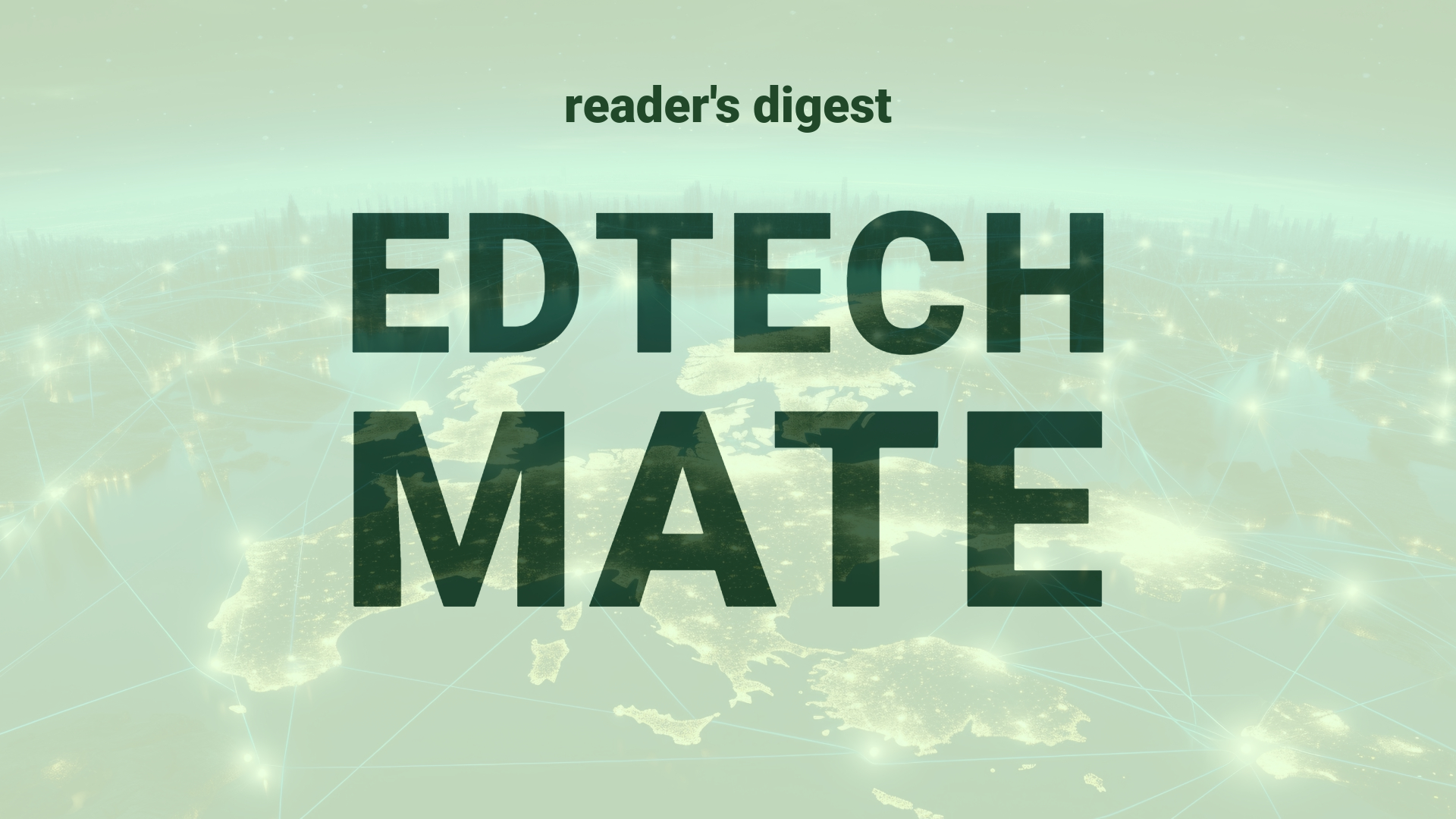“`html
Executive Summary and Main Points
The US government is demonstrating a strong commitment to enhancing its capabilities and workforce in artificial intelligence (AI), indicating a dynamic shift in digital transformation across public services. The appointment of Chief AI Officers (CAIOs) across various federal departments marks an aggressive step towards the integration of advanced AI skills within the public sector. Additionally, the Biden administration has issued an executive order aimed at accelerating the hiring of AI experts and providing AI training for employees at all levels, showcasing an acute awareness of the pivotal role AI plays in maintaining a competitive edge in today’s technological landscape.
Potential Impact in the Education Sector
The developments in AI talent acquisition and skill development within the government are likely to permeate the Further Education and Higher Education sectors. The focus on training and adoption of AI capabilities could inspire similar initiatives in educational institutions, promoting strategic partnerships with technology providers and encouraging the proliferation of Micro-credentials. Such cross-sector collaboration is poised to enhance the digitalization of educational services, placing emphasis on the importance of staying current in a rapidly evolving tech-dominated environment.
Potential Applicability in the Education Sector
Innovative applications stemming from these trends include the establishment of AI Centers of Excellence and the adoption of generative AI tools in curriculum development and administrative processes. Additionally, the integration of AI tools in data analysis and management systems could streamline operations within global education systems. The knowledge exchange between federal initiatives and educational institutions could result in improved services and enhanced learning outcomes, leveraging AI’s potential to tailor educational experiences to individual learners’ needs at scale.
Criticism and Potential Shortfalls
The aggressive move to hire and train in AI may encounter challenges, such as keeping pace with the private sector’s salary offerings and the inherent difficulty in acquiring top AI talent. Cultural and ethical considerations also surface, with the need to ensure that AI deployment aligns with diverse global standards and practices. Case studies from different international contexts can help identify best practices and pitfalls to avoid, fostering a comprehensive understanding of how AI impacts societal structures and cultural norms within the education sector.
Actionable Recommendations
To capitalize on the momentum, educational leadership should consider establishing similar AI roles and training initiatives within their institutions. By seeking partnerships with governmental agencies and private tech entities, educational institutions can leverage federal momentum to incorporate cutting-edge AI into their own ecosystems. Furthermore, education leaders can foster inclusivity by developing programs that up-skill existing staff and preparing the next generation of students for a future where AI competency will be a requisite across sectors.
“`
Source article: https://www.cio.com/article/2104424/%E7%B1%B3%E6%94%BF%E5%BA%9C%E3%80%81ai%E4%BA%BA%E6%9D%90%E7%8D%B2%E5%BE%97%E3%83%AC%E3%83%BC%E3%82%B9%E3%81%AB%E5%8F%82%E6%88%A6.html

